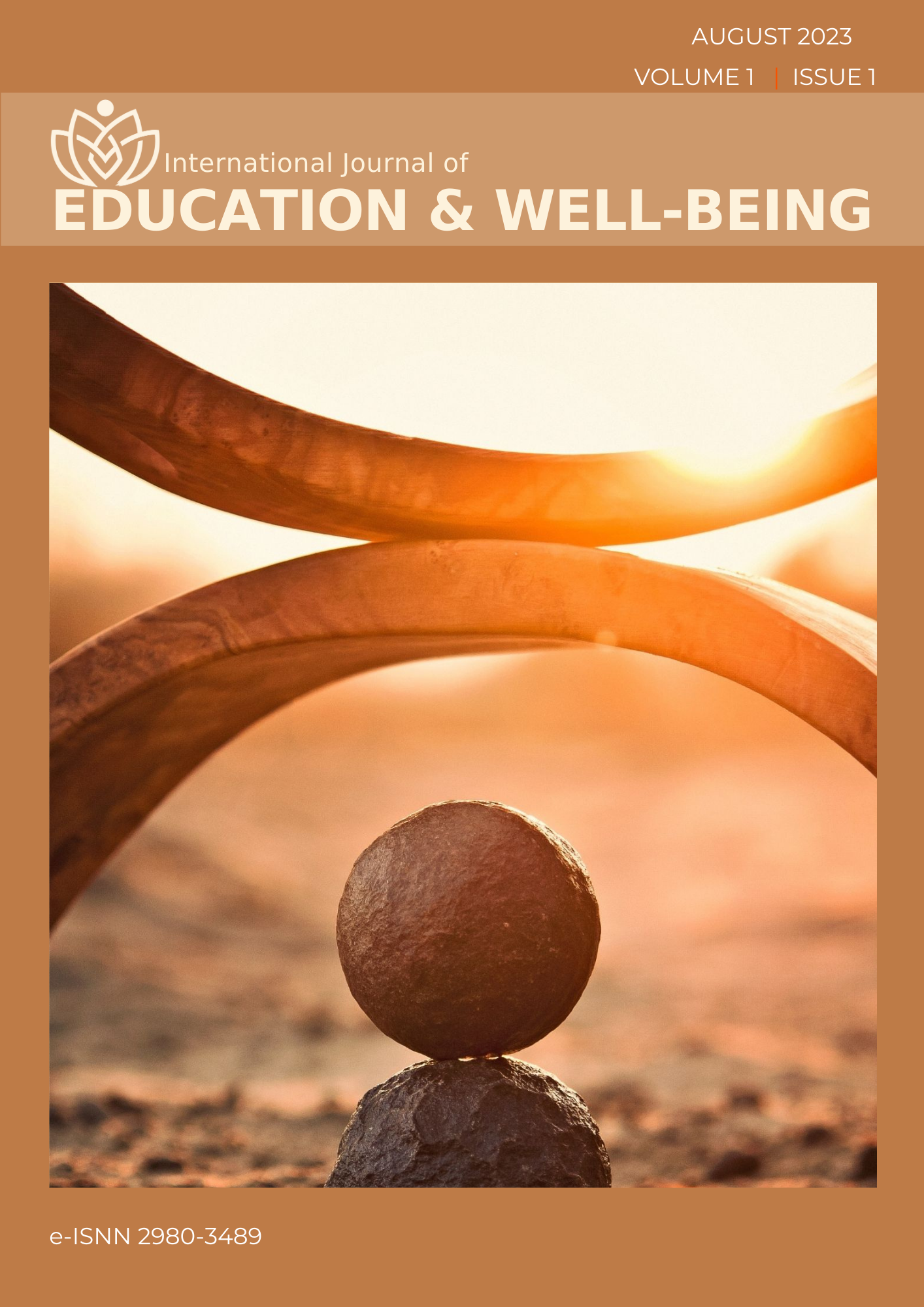Role of Administrators in Promoting Positive School Environment For Tutors and Student Well-Being: A Case Study of Some Schools in Ghana
DOI:
https://doi.org/10.62416/ijwb-14Keywords:
Administrators, Teachers, Students, Positive Schools’ Environments, Well-BeingAbstract
Creating a positive school environment that promotes the well-being of students is an essential aspect of education. Teachers and administrators are instrumental in shaping this environment. The study investigates the role of administrators in fostering a positive school environment and supporting teachers and students at schools in Ghana's Volta Region. The study was underpinned by the theory of Social-Emotional Learning (SEL). Social-Emotional Learning (SEL) theory helps teachers and administrators understand their role in fostering a positive school climate and student well-being. Social and emotional skills are crucial to academic and personal success, according to this view. The study employed a case study approach as its research design. Interviews were conducted with 10 informants who were carefully selected from the basic to the tertiary institutions in Ghana. The study findings indicate that creating a culture of respect, inclusion, and collaboration among students, teachers, and administrators is essential for fostering a positive school environment. Teachers and administrators can promote student well-being by offering emotional and psychological support, promoting healthy habits and lifestyles, and fostering a secure and supportive learning environment. The study emphasises the significance of ongoing professional development for teachers and administrators to equip them to effectively promote a positive school environment and support the well-being of students.

Downloads
Published
How to Cite
Issue
Section
License
Copyright (c) 2023 Alberta Aseye Ama Duhoe- Samuel Kwabla Segbefia

This work is licensed under a Creative Commons Attribution 4.0 International License.






